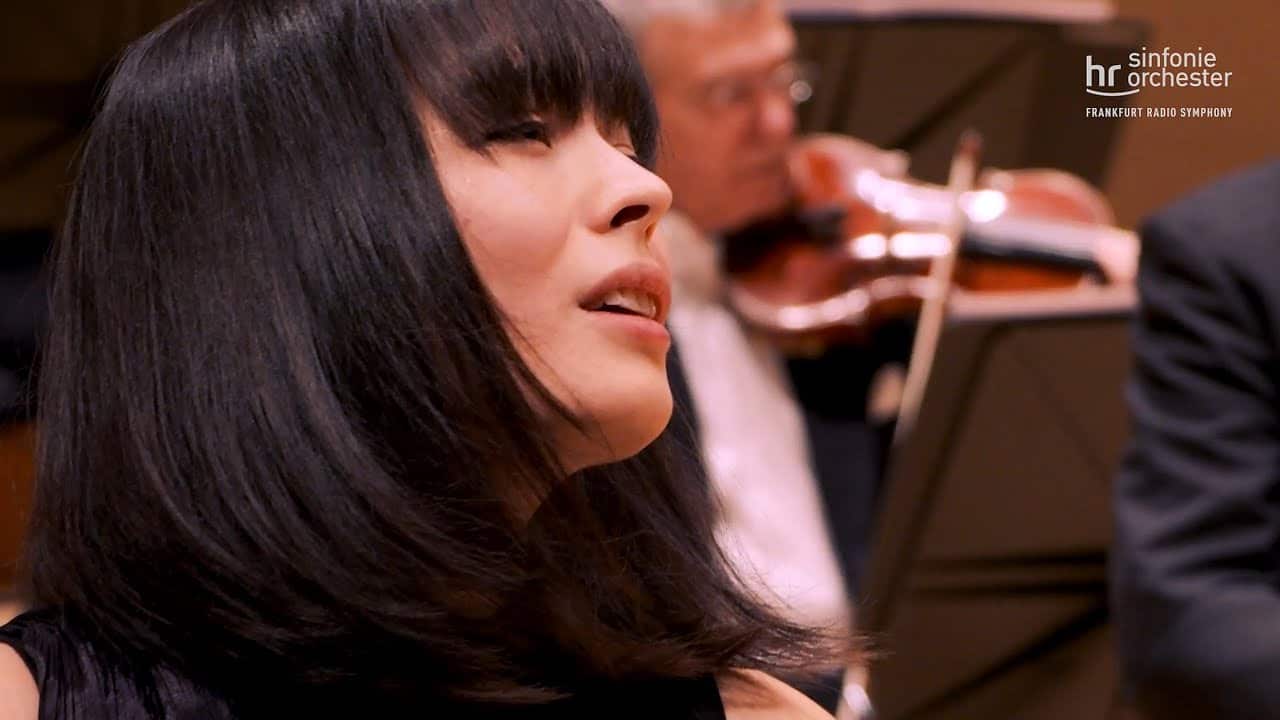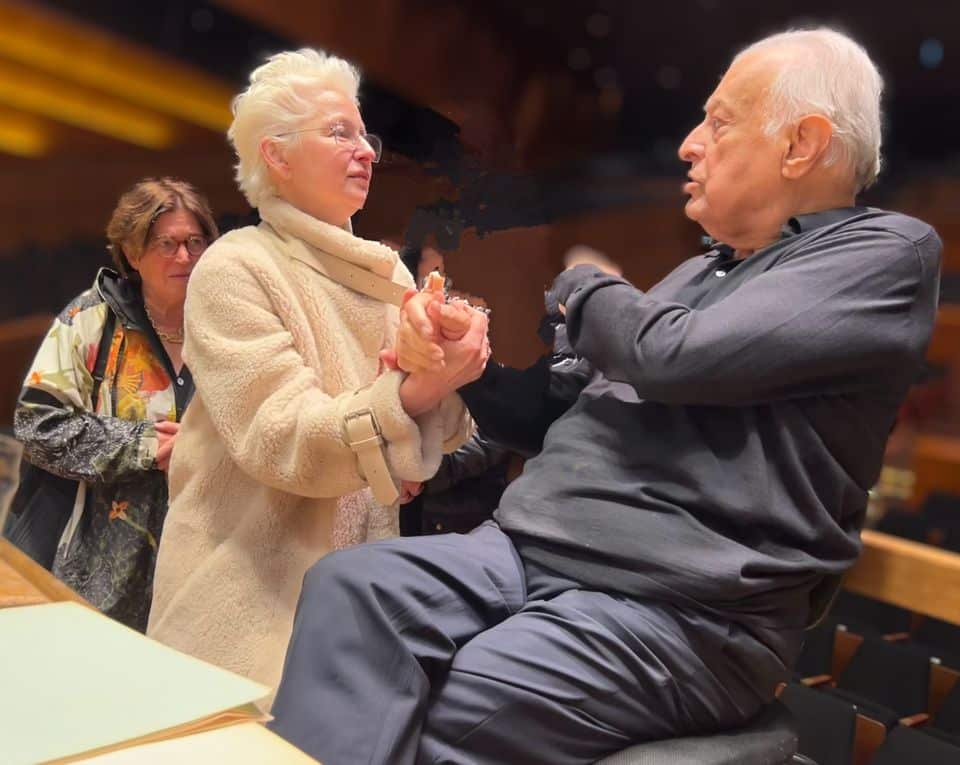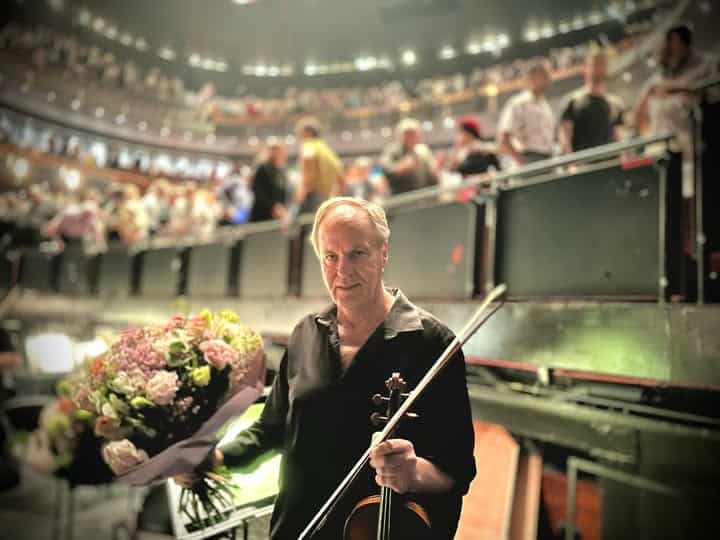Chopping up Chopin is a timely thing to do
Album Of The WeekFrom the Lebrecht Album of the Week:
…. For a pianist to stand out nowadays, s/he needs to do more than rattle off the Grieg and Schumann concertos on Naxos and Youtube. This kind of compilation sets a trend and raises the bar high for individualism…
Read on here.
And here.






Comments